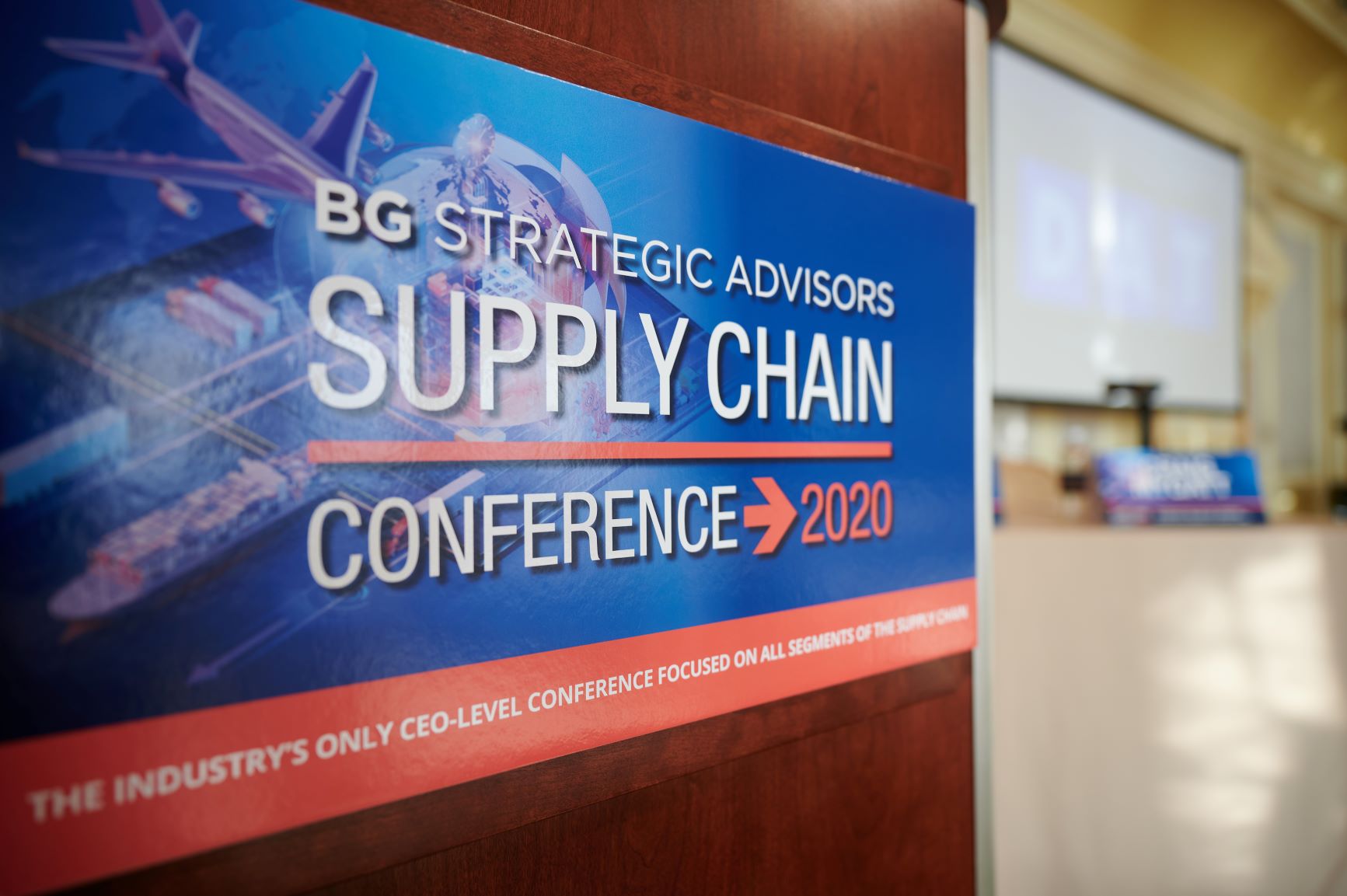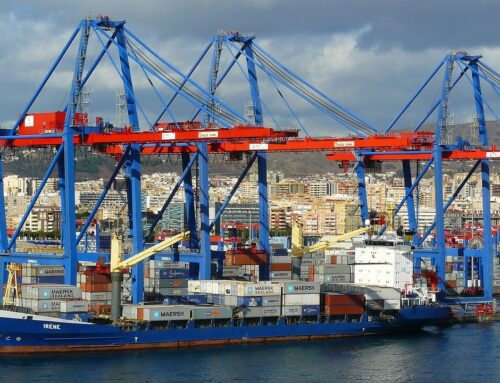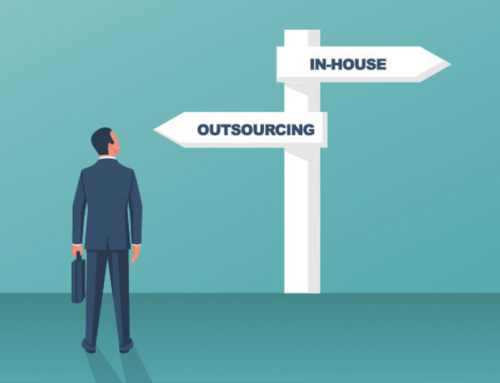If you wanted a crystal ball to predict the economy, where would you find it?
To paraphrase Shakira, “My supply chains don’t lie!” If you want a reliable data source, you can look at logistics.
In January, BGSA Holdings and sponsors like Cambridge Capital hosted over 250 of the top supply chain CEOs and leaders at the Breakers Hotel in Palm Beach. Insiders refer to the BGSA Conference as the “Davos of Logistics.” You need an invitation to join. Participants talk about the big issues in the industry, ranging from transformative technologies to aggressive acquirors. There is no press allowed, although a few publications managed to write stories based on attendees’ comments, like the Palm Beach Daily News, FreightWaves, and SupplyChainBrain.
So what were some of the key takeaways from the BGSA Conference?
Logistics Lessons

Second, amidst competitive markets, protected niches still thrive. One example is cold storage. How did a slow-growth giant, Americold, come to be valued at 27x EBITDA? And how did a 2008 startup, Lineage Logistics, grow to become the world’s largest refrigerated warehouse company, with 2 billion cubic feet? In the case of Americold, the market has come to view them as a recession hedge. Americold benefits from its real estate ownership and exposure to the cycle-resistant food sector. In the case of Lineage, the company has executed a string of acquisitions including Emergent Cold ($900 million) and Preferred Freezer (over $1 billion). Together, Lineage and Americold now control 63% of the cold chain market.
Third, new technology is transforming the supply chain. We see high-growth firms in different sub-sectors across the supply chain technology landscape, including digital freight management, Internet of Things and asset tracking, blockchain, last-mile, drones, warehouse automation, autonomous trucking, fleet management, analytics, and more.
Fourth, capital is flowing into logistics. At least 53 unicorns populate the global logistics technology ecosystem, including Didi Chuxing, Grab, DoorDash, Rivian, Flexport, Convoy, Uber, and many others. If $30 billion was poured into supply chain technology in the 2010s, we believe another $60 billion will be deployed in the 2020s.
Fifth, we see a shift toward winner-take-all markets. A handful of winners will generate the majority of the growth, and will command the majority of the dollars invested. For example, in the maritime technology arena, 2019 was a record year for capital invested. Venture funding increased from $190 million to $1.144 billion. Yet over 90% of that capital was deployed in the $1 billion Softbank investment in Flexport. If you exclude that deal, total funding actually declined 24%, to $144 million. Similarly, we expect the 2020s to be a decade when capital shifts from early-stage innovation bets to later-stage scale plays.
Conclusion: A Bright 2020
Thus, the supply chain market may be exceptionally competitive, but it also contains more opportunities than ever before.
In closing, while we see clouds on the horizon, we also see a bright future for logistics. If you are an optimist, you have good company. 60% of the CEOs surveyed at the BGSA Conference anticipate growing more than 10% this year. While 2020 may be a year full of uncertainty, it remains full of opportunity for many of the firms in our sector.
We look forward to a bright year!
Cambridge Capital CEO Benjamin Gordon is an investor in supply chain and technology companies. Gordon has built four supply chain companies over the course of his career. He is also CEO of BGSA Holdings and Editor of Supply Chains. Gordon has been published at Data Driven Investor, Fortune, and SupplyChainBrain. Follow him on LinkedIn and Twitter.










